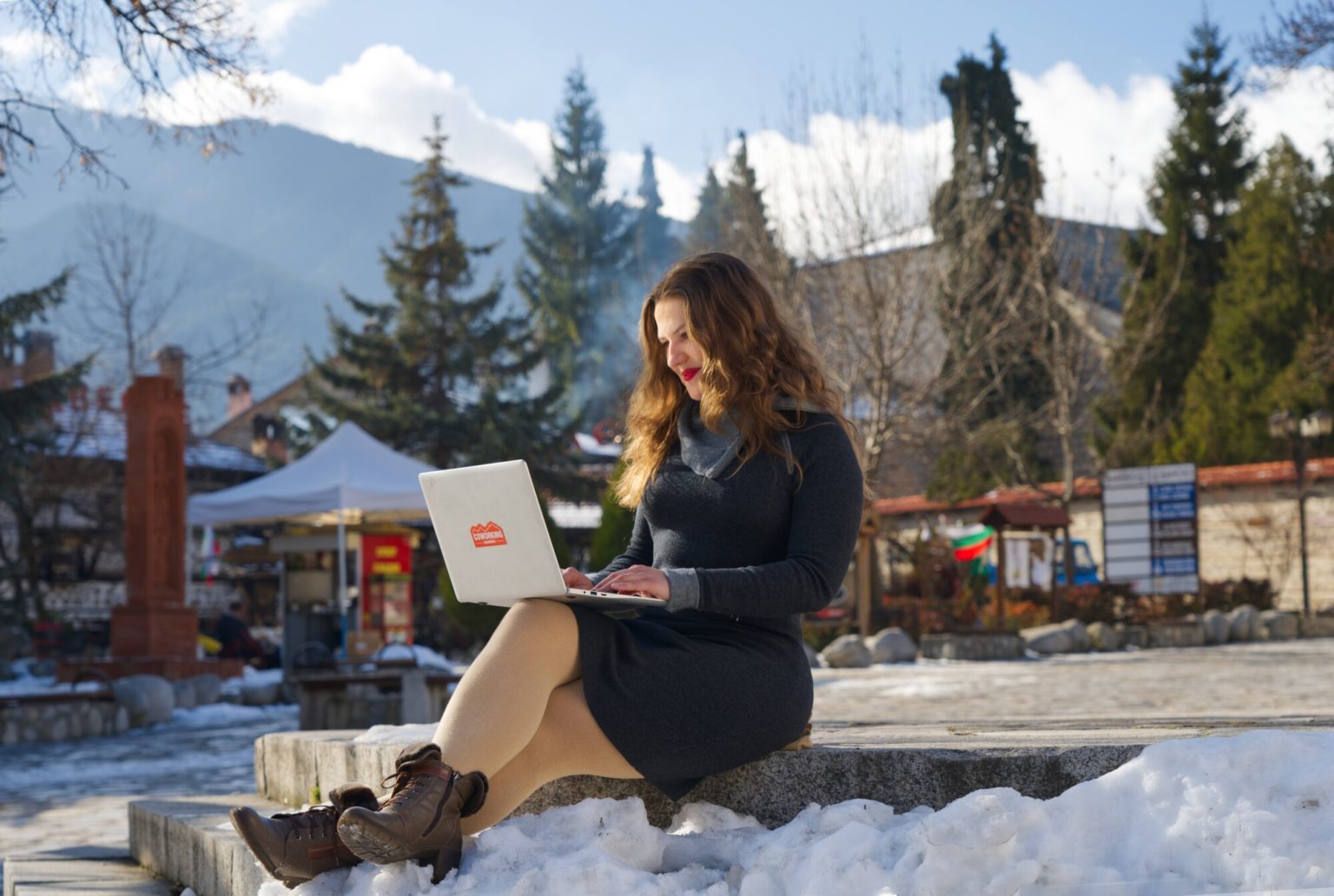You can’t wait for your amazing vacation—but someone else is excited too. Local hackers at your destination, that is.
Unfortunately, cybercriminals take advantage of travelers and are eager to steal credit cards or personal details from unsuspecting tourists. That’s just one of the many reasons why you need to take tech security seriously while you travel.
Or, have you thought about what will happen if your tech gets lost or damaged? You need to learn how to look after your smartphone, laptop, camera gear, and drone.
Find out more by reading on to find our top ten tech security tips to use when planning your next trip.
1. Purchase Travel Insurance
Before you even leave the home, you want to purchase travel insurance. Not just any travel insurance though, as you’ll need a plan that covers your technology.
This does mean you may have to pay a higher premium, especially if you’re traveling with very expensive tech like long-zoom camera lenses, computers, or videography equipment. However, it’s a small price to pay, since it will protect you if anything happens to your gear.
When purchasing insurance, it can often help you save money to purchase an annual plan, if you’ll be traveling frequently. It’s best to visit an online comparison site to have a look at all of your options.
If you’re using travel insurance for your health as well (which you should!), always read the fine print. This is because some plans don’t cover certain ages or pre-existing health conditions.
2. Leave Really Valuable Items At Home
Sometimes, the safest option is to secure technology at home! When packing, ask yourself, ‘Do I really need to bring this item with me?’.
Remember that every item you bring with you could potentially get lost, stolen, or damaged. So, you only want to bring items that you 100% need for your trip.
Of course, if you’re traveling for business and need a lot of tech, talk to your employer to make sure the gear is covered under their insurance plan.
3. Password Protect Everything
Another key thing to do before leaving on your trip—make sure every piece of tech is password protected. Passwords are your first line of defense when it comes to cybersecurity.
Yes, it can be annoying to remember lots of passwords and many of us prefer the convenience of leaving our laptops unlocked. However, what happens if a thief swipes your laptop from a cafe while you’re relaxing in Rome?
Any unlocked device means whoever gets hold of it can access everything—your browser history, saved passwords for your online banking, private details. Never take the risk!
It’s not just your computer though! Your tablets, phone, and any other device with a lock, passcode, or ID should be enabled.
If you’re worried about forgetting, make a copy of your passwords and keep them somewhere safe. Be sure the passwords are complex, long, and not easy to guess by anyone who knows you.
Avoid common phrases and words too. It’s best to use a nonsensical mix of symbols, letters, and numbers.
4. Use a VPN
Protecting data when traveling should be your biggest priority—especially if you’re going overseas. To help with this, you’ll need a VPN.
VPN stands for virtual private network. It essentially allows you to visit the internet safely and privately, no matter where you are.
This will protect your internet activity, in case any hackers are in the area. Sadly, it’s easier than you might think to hack into wi-fi networks!
However, there are a few other advantages to VPNs. If you’re overseas in countries with online censorship, you can access websites that might otherwise be blocked.
You can also use it to make your computer think you’re at home, making it easier to stream Netflix or log into your online bank.
A VPN might slightly slow down your internet connection, but it’s worth the delays.
We really like the highest rated VPN Secure Thoughts, so have a look before your next trip.
5. Be Careful What You Share on Social Media
Travel is super exciting and we’re sure you can’t wait to share all your photos and videos! However, the smartest thing to do is hold back and wait until you either get home or have moved to your next hotel.
Imagine you post a gorgeous video of your private hotel villa and plunge pool. You’re eager to share with your friends, but by posting it, you’ll also advertise to thieves exactly where you are.
If any robbers in the area of your holiday see it, they might see an easy target and try to break in while you’re out for the day.
This also applies to geotagging on social media. It’s smart not to check in to a place while you’re there, since it makes it easy for anyone to find you.
Consider sharing your stories or photos with a 1-2 day lag, so you’re always one step ahead.
6. Be Cautious on Public Wi-Fi
We all love the convenience of free wi-fi when traveling. It’s awesome in your hotel room or at a local restaurant, but you should always take care.
Free wi-fi means it’s free for anyone to access and hackers often use this to their advantage. To stay safe, it’s best not to access secure websites via the free networks.
When it comes to your online banking, email, or credit card account, only access these sites from a private connection. This is because hackers can easily see your web data on public networks and steal your identity or money.
7. Never Turn Your Back on Valuable Tech
You’re looking through photos on your camera when you set it down on the table and walk over to the bar to get a drink. It only takes an instant for a thief to grab your camera or laptop when your back is turned.
To keep your tech safe, never leave it unattended. Also, always watch it closely, even if you feel you’re in a safe environment.
The same goes when putting your luggage or handbag under a table at a restaurant. If you can physically see your items, it’s highly likely that someone else can—and is eyeing them up.
8. Keep an Eye on Your Bank Statements
When you’re overseas, it’s a wise idea to check your bank statements every few days, looking for fraudulent activity. This is because you want to make sure no one has swiped your card from an ATM or EFTPOS machine, then use the card number to make purchases in your name.
Often, your bank will notify you if they find any suspicious activity, but this can always be missed. The sooner you find fraud, the sooner you can report it, so stay vigilant.
It also helps to call your bank before you travel and let them know where you’re going. Otherwise, they might accidentally freeze your card if they think your spending habits are out of the ordinary.
9. Back up Important Data Before Leaving
Before your trip, back up all of your key data into a hard drive. For example, say you have lots of memorable family photos saved on your computer.
But what happens if your laptop gets lost on your travels? This means all of your family memories are lost.
Don’t take the risk. To safeguard any key data, photos, or documents, save a second copy on a device and leave it at home.
10. Update Your Antivirus Protection Software
To prevent problems while you travel, make sure your devices have the most up-to-date antivirus software. It’s so easy to pick up computer viruses while you travel, especially if you’re relying on free wi-fi connections.
Using antivirus software will stop spyware or malware from getting onto your devices, which can put you at serious risk.
Use These Tech Security Tips to Stay Safe on the Road
Traveling is one of the best things you can do, but safety should always be your top priority. Use the tech security ideas above to formulate a plan, working out what you’ll take with you and how you’ll keep it safe.
That way, you’ll minimize your risk. However, if anything does go wrong, take a few deep breaths and try to stay calm.
Then, call your insurer or bank right away—they’ll do their best to help you out and fix the problem, allowing you to get back to your travels!
Did you find this article helpful? If so, please read on to find more informative content.










